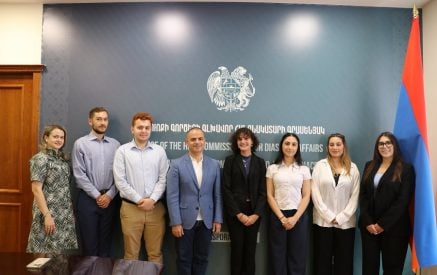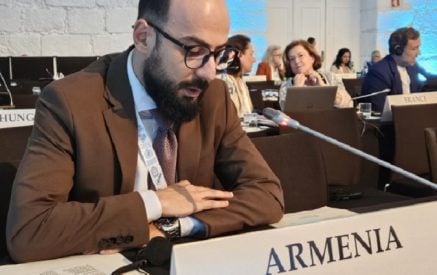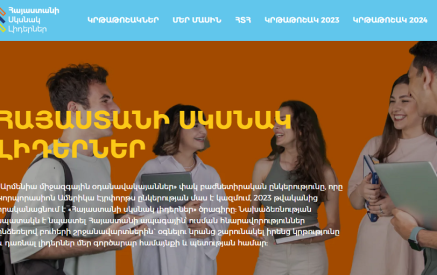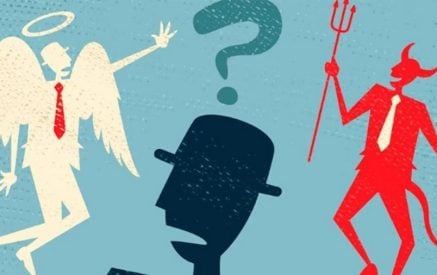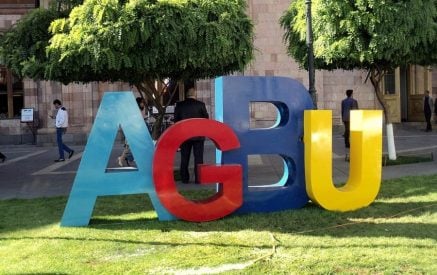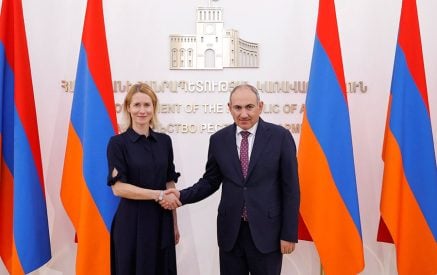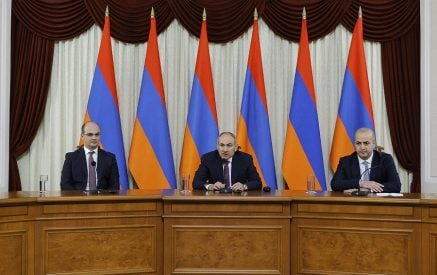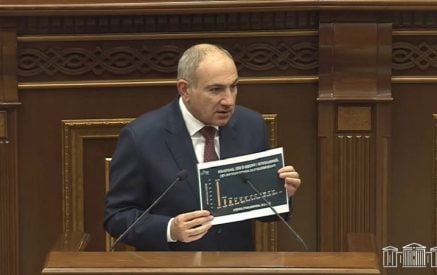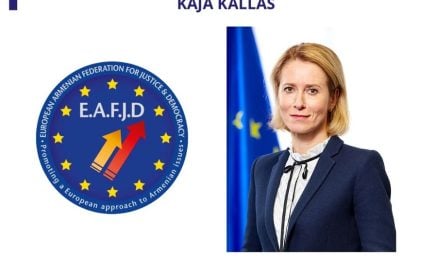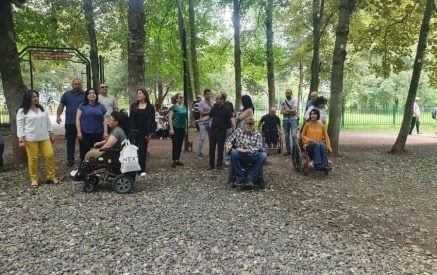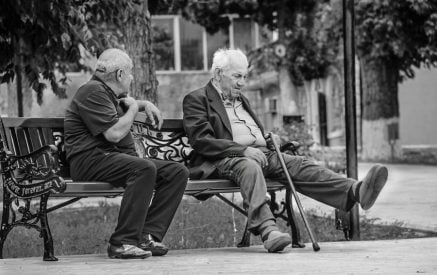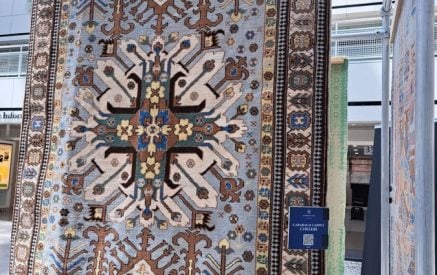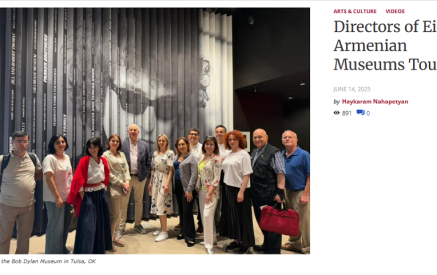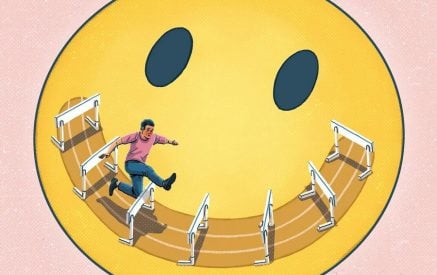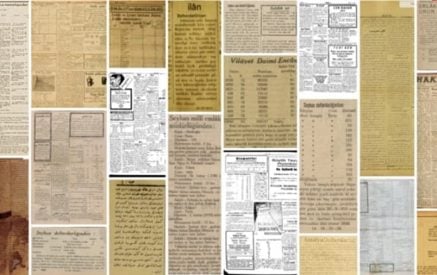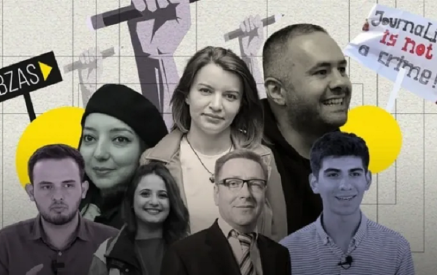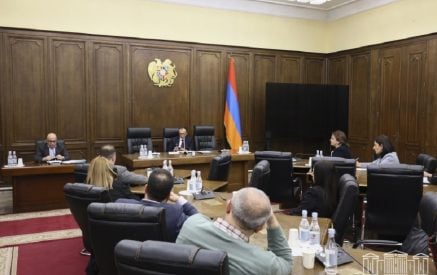In Armenia, around 6000 deaf people, one can say, are deprived of information, since there is almost no sign language interpretation. Today, Armen Alaverdyan, the head of the Unison NGO, said to www.aravot.am about this. According to him, there are only 1-2 shows that provide sign language interpretation and the public television, which must provide news programs with a news ticker for deaf people, its news ticker doesn’t correspond to the picture on the screen and old and same news scrolls all the time.
In Mr. Alaverdyan’s words, deaf people have applied to their organization and complained about such a format of news ticker. Unison carried out a monitoring of different TV shows and TV series in February-May to find out what perception of disabled people TV creates, what terms and videos it uses in reports regarding disability, to what extent the rights of people who have hearing problems are taken into account. According to the results of the monitoring, stereotypic terms are still in use, certainly, they are not used very often, 30%-40% of the time, but according to Armen Alaverdyan, it is not polite, it promotes stereotyped attitude toward people, “Even during a talk show, one of the participants called a disabled person ‘half-finished’ and the host didn’t correct him or urged him to use the correct term.”
According to the head of the NGO, TV series also depict the disabled man incorrectly, “For example, a character becomes disabled, for some reason, necessarily in a wheelchair and therefore, he becomes angry, aggressive, then he rises to his feet thanks to a strong will. All this is dangerous, since it implies that those who don’t rise to their feet don’t have a strong will, is that it? In reality, it depends on the diagnosis, treatment, physical issues whether such people will rise to their feet or not.”
According to Armen Alaverdyan, disabled people and problems regarding that issue are represented in a tragic and sympathetic manner, “Arising sympathy, they don’t help. Or they represent in a quite opposite manner, they make a hero of the disabled man who has achieved something or works. So this implies that the man should have necessarily become a drunk or a beggar, if he hasn’t become, then he is a hero. The tendency toward making a hero is strong. They should represent it normally, as an ordinary phenomenon.”
Nelly BABAYAN





